Photonic Crystals Size
Photonic Crystals Market Growth Projections and Opportunities
The Photonic Crystals market is influenced by a myriad of market factors that play a pivotal role in shaping its dynamics. One of the key drivers propelling the growth of this market is the increasing demand for advanced technologies in various industries. Photonic crystals, with their unique optical properties, find applications in telecommunications, healthcare, and sensing technologies, driving the market forward. The relentless pursuit of faster and more efficient communication systems has also contributed to the market's expansion, as photonic crystals play a crucial role in the development of high-speed data transmission.
Moreover, the growing awareness and emphasis on renewable energy sources have stimulated the demand for photonic crystals in the solar energy sector. These crystals are employed to enhance the efficiency of solar cells, making them a vital component in the renewable energy landscape. As governments worldwide push for sustainable practices, the Photonic Crystals market stands to benefit from increased investments in renewable energy projects.
On the flip side, market growth is not immune to challenges, and one such factor is the high initial cost associated with the production of photonic crystals. The manufacturing process involves sophisticated technologies, leading to elevated production costs. However, as technology matures and economies of scale come into play, it is anticipated that the costs will gradually decrease, making photonic crystals more accessible and affordable.
Global economic conditions also exert a significant influence on the Photonic Crystals market. Economic downturns can impact investments in research and development, potentially slowing down innovations in the field. Conversely, during periods of economic prosperity, there tends to be increased spending on technology and infrastructure, which can positively impact the market.
Regulatory factors also shape the landscape of the Photonic Crystals market. Stringent regulations pertaining to environmental standards and safety can influence the adoption of photonic crystals in various industries. Compliance with these regulations is crucial for market players to ensure a smooth and sustainable business operation.
Furthermore, the competitive landscape and technological advancements play a pivotal role in determining the trajectory of the Photonic Crystals market. Companies engaged in the production and development of photonic crystals constantly strive to stay ahead in the race by investing in research and innovation. The ability to bring cutting-edge products to the market gives companies a competitive edge, influencing their market position and growth.
The global nature of the Photonic Crystals market means that geopolitical factors also contribute to its dynamics. Trade policies, international collaborations, and geopolitical tensions can impact the supply chain and market access for companies operating in this space. Adapting to these changes and fostering international partnerships becomes crucial for sustained growth in the Photonic Crystals market.
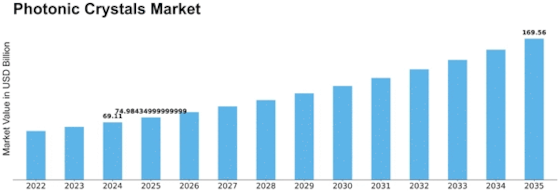

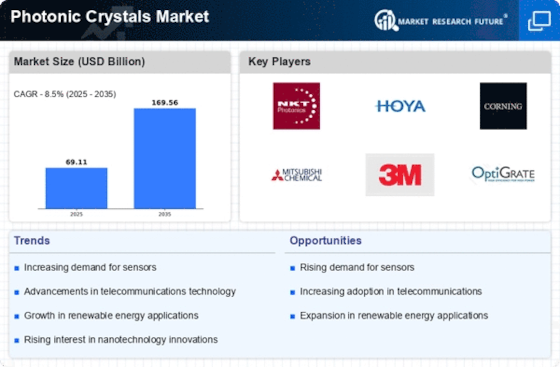
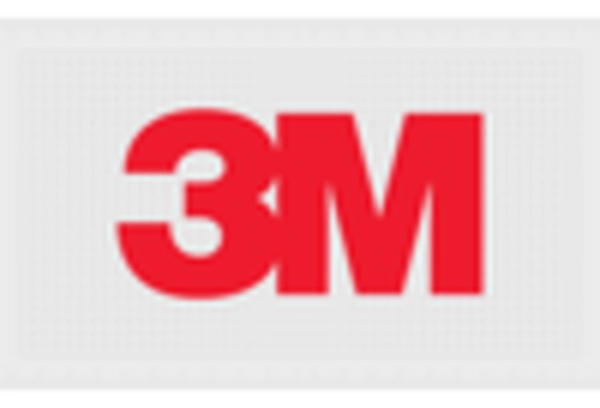
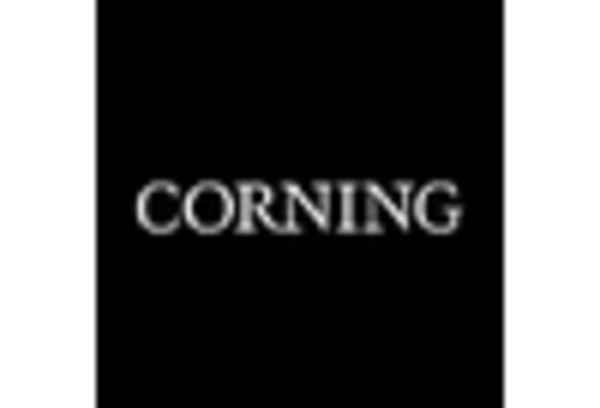
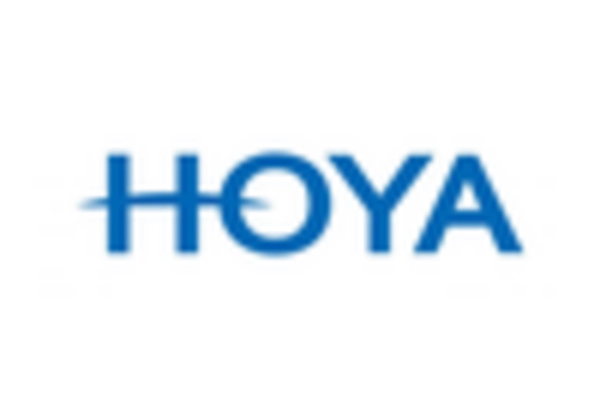

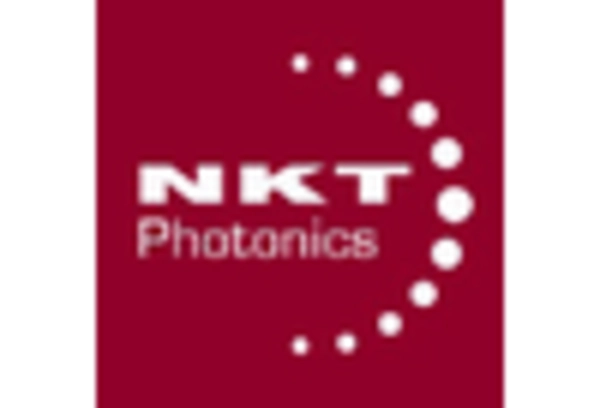
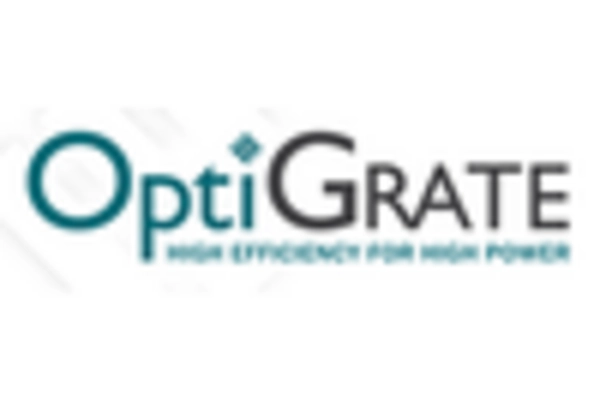









Leave a Comment